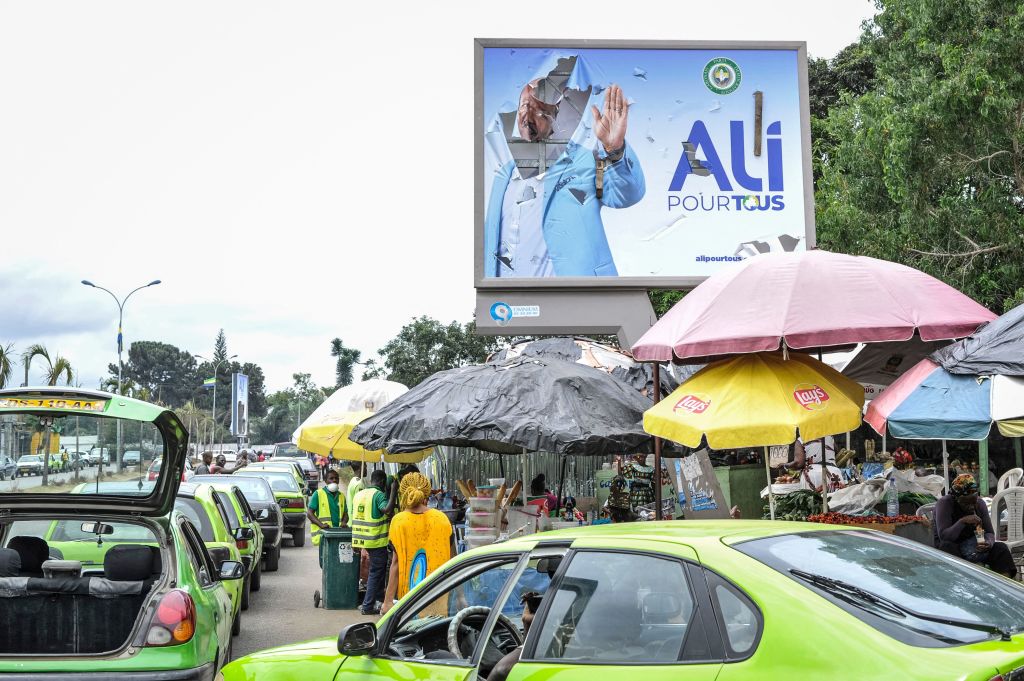Experts Point to Key Difference in Gabon Coup
ADF STAFF
In the early hours of August 29, Gabonese authorities announced that President Ali Bongo had won a disputed election that gave him a controversial third term.
Gyldas A. Ofoulhast-Othamot, assistant professor of political science at St. Petersburg College in the United States, said there was plenty of evidence the election process was flawed at best, and rigged at worst.
“Immediately after the vote, the internet was cut and a curfew put in place, rarely a sign of a regime confident that it has won at the polls,” he wrote in a September 1 analysis for The Conversation Africa website.
Hours later, a group of senior military officers appeared on TV to announce that they had deposed Bongo and named Gen. Brice Oligui Nguema the leader of a transitional government.
At first glance, Africa’s most recent coup looked a lot like the recent flurry of military takeovers on the continent. Despite many similarities, however, the uprising in Gabon has some key differences.
Ofoulhast-Othamot said the recent spate of coups in the Sahel had more to do with security.
“With terrorism, the security situation was a very important driver of the coups in the Sahel,” he told ADF. “The issue in Gabon was more domestic. It’s more about getting the Bongo family out of power. I wouldn’t lump that coup with the other coups.
“There’s a big difference in terms of dissatisfaction with the status quo. In Mali and Burkina Faso, you had a very dire security situation where people are dying.”
With the exception of the Sudanese coup in 2021, all of the African military takeovers since 2020 have enjoyed some degree of popular support.
However, several of Africa’s recent coup leaders, such as those in Mali and Sudan, have shown little interest in restoring civilian-led governments.
In Gabon, the Bongo family dynasty ruled the country for 56 years. President Omar Bongo, who held power for nearly 42 years, was one of the world’s longest non-royal rulers before his death in 2009.
He was succeeded by his son, Ali Bongo, who won a disputed election later that year.
“Many people thought that André Mba Obame, his main electoral rival, had probably been the real winner,” Paul Melly, a consulting fellow with the Africa Program at Chatham House think tank, wrote for the BBC on August 31.
Experts have documented a raft of issues with Gabonese elections under the Bongo family, all of which were disputed and met with violence. Melly connects other coups to discontent with civilian leaders.
“There is deep resentment at the way many civilian rulers manipulate electoral processes or constitutional rule to prolong their hold on power,” he wrote. “The scrapping of presidential term limits — after controversial amendments to constitutions — is a source of especially sore feelings.”
Mike Agbedor Abu Ozekhome, a human rights activist based in Abuja, Nigeria, said that some coups have signaled a shift toward authoritarianism, which was not the case in Gabon.
“It should be clear by now that the coup in Gabon was not as a result of failed democracy, but an angry rebellion against one family’s tight grip on power which has now been resisted by the people in good faith,” he wrote for Nigerian newspaper The Authority on September 10.
A coalition backing Ali Bongo’s top opponent in the last election stated that Albert Ondo Ossa was the rightful winner and should be Gabon’s president.
“We were happy that Ali Bongo was overthrown, but … we hope that the international community will stand up in favor of the republic and the democratic order in Gabon by asking the military to give back the power to the civilians,” Ossa spokesperson Alexandra Pangha told the BBC.
Ozekhome worries about a vicious cycle on the continent in which prolonged unrest perpetuates the conditions for power grabs.
“No doubt, African countries have always cultivated fertile soil for coups — poverty, poor economic performance, insecurity, corruption, sit-tightism, amongst others,” he wrote.
“We may be expecting more coups in Africa if good governance is not enthroned and if elected or selected presidents decide whimsically, arbitrarily and capriciously, to hold on like glue to power like butterfly to the nectar of a flower.”


Comments are closed.